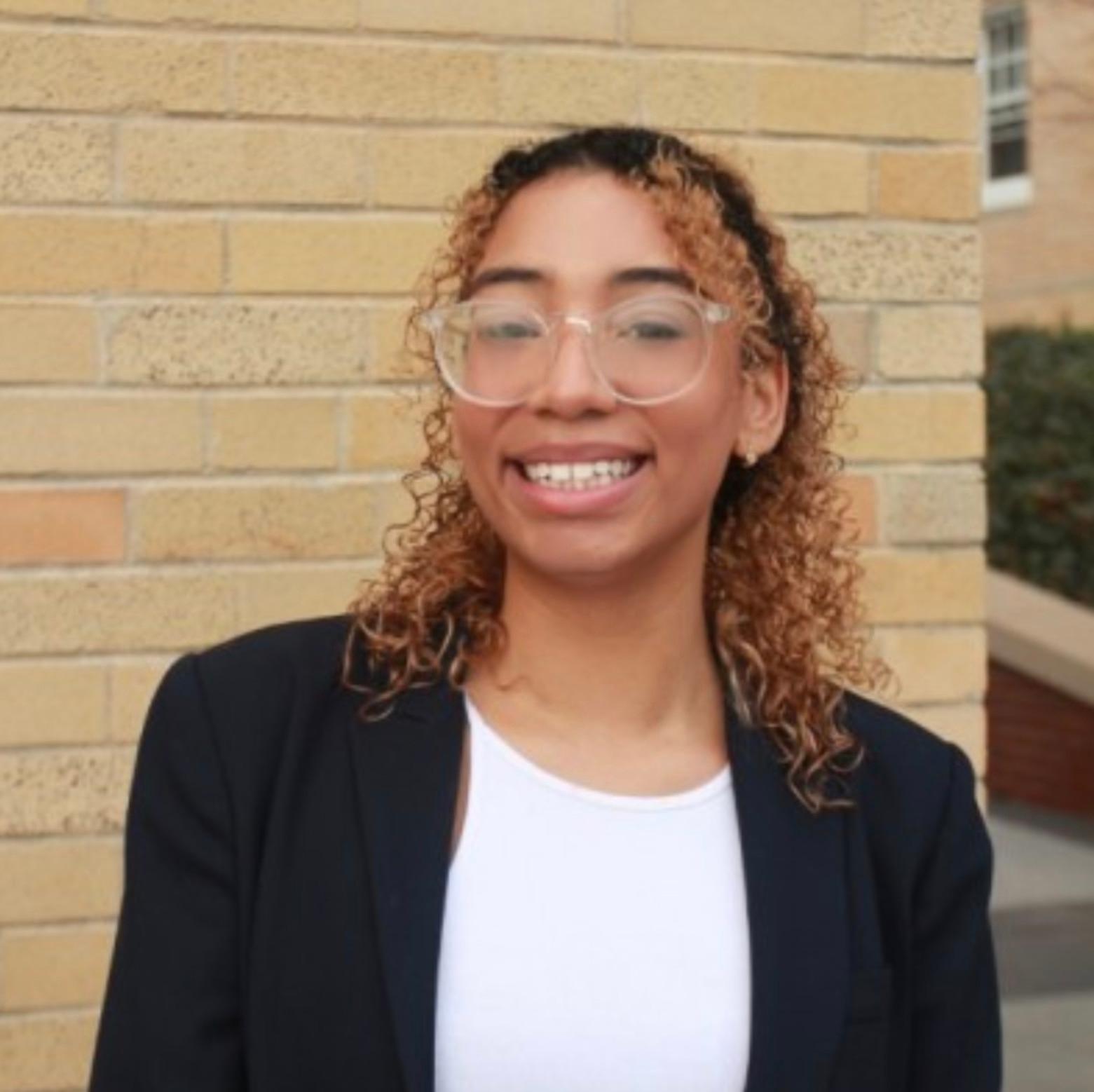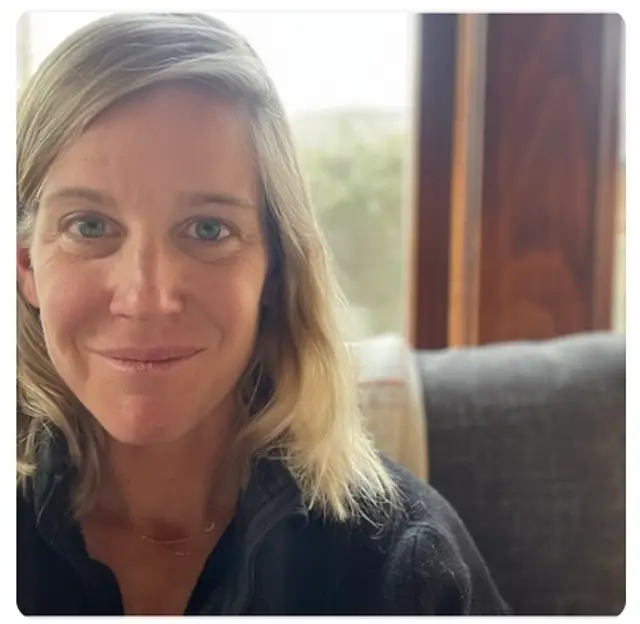How Polygence taught me how to communicate with professors, an interview with Zoe Renazile-Winter, Polygence Alum
4 minute read
Polygence is excited to announce our first cohort of Research Coach Interns - successful Polygence alumni who have gone on to study at some of the top universities in the U.S. Research Coaches are available to meet with current Polygence students to share project best practices, executive functioning tips and share their college experiences.
Annie Peuquet, Director of Partnerships at Polygence recently sat down with Zoe Renazile-Winter, Polygence Research Coach and Political Science student at Tufts University to learn more about her Polygence experience.

Zoe, please tell me about your project’s topic area and what you chose to make or do as your outcome.
I wrote a research paper on Racial Stereotypes in Youth Media - which discussed how racial stereotypes and typecasts within children’s programming impacts the way in which children view themselves and others in the context of society.
What was the best thing about doing an independent research project with your mentor?
I think for me, it was the one-on-one experience and expertise I got from my mentor! He was really great at guiding my experience and keeping me motivated throughout the process, which was hard considering it was my senior year.
What was the most challenging aspect?
Definitely balancing my coursework, college applications and writing a 20 page research paper. At this time in the year, seniors in high school are naturally stressed with college applications, keeping their grades up and also enjoying the best of your last year of high school. So when I decided to add on an additional intensive research project, I knew that I had to start managing my time better. So I downloaded google calendar, and made sure to set attainable deadlines and goals for myself in order to make it through my senior fall.
Yes, research builds your competencies in hard skills. But what soft skills did you practice and develop during your Polygence project?
I think research with a mentor gives you the skill of educational communication. One thing high school won’t prepare you for college, is how to communicate with professors, TAs and other students on high level academic topics and then translate those thoughts into a structured paper. In high school, everyone wrote the same paper on the same book with the same take, but at university no one is doing the same thing. Everyone is writing about micro-niche topics, and working with a mentor allows you to have experience communicating your academic needs and ideas.
Now that you are 2-3 years out of your project, what would you like to tell your mentor if you could talk about the project’s impact?
I think I would tell my mentor the impact the project had on me, and how I was able to write. I was notorious for being a horrible writer as a child, and I worked hard in high school to change that, and this paper was like the accumulation of my hard work. Being able to publish my writing, and be recognized for my progress meant a lot to me.
If you could give your previous self advice about doing independent research, what would you have told yourself while you were doing your project?
I would have told myself it is not as daunting as it seems. Polygence has really great resources and structures to keep you on track, and all you have to do is manage your time and use the resources available to you.
